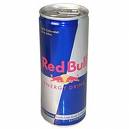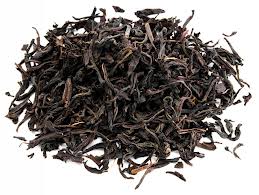Tag Archives: caffeine
Red Bull stroke and heart attack risk

Sydney: Australian scientis have found that just one can of the energy drink Red Bull, can raise the risk of stroke or heart attack.
In a study of university students it was found that drinking one can of the sugar-free version of the energy drink made blood “sticky” – similar to that of a patient with cardiovascular disease.
Researcher Dr Scott Willoughby, of the Cardiovascular Research Centre at the Royal Adelaide Hospital,said the the blood become abnormal about one hour of drinking Red Bull.
He warned that for people at risk of cardiovascular disease – stress or high blood pressure – this could be potentially deadly.’
Dr Willoughby, said he was ‘alarmed’ at the results and would not drink Red Bull himself.
Those with underlying heart or circulatory problems should think twice before buying the caffeine-loaded drink, he said.
Red Bull is already banned in Norway, Uruguay and Denmark because of health fears, but the company last year sold 3.5 billion cans and bottles in 143 countries.
Dr Willoughby said drinking Red Bull caused the blood ‘to become sticky’
The Australian researchers said that two of the drink’s ingredients – caffeine and the amino acid taurine – may have dangerous consequences for the heart when taken together.
Dr Willoughby said: ‘Caffeine and taurine – both of these individually point towards being beneficial but maybe there’s something quirky about the effect of the combination of the two that is causing this reaction, that is what we need to look at next.’
Formulated by the marketing director of an Austrian toothpaste company in the 1980s, one can contains 80 mg of caffeine, around the same as a cup of filter coffee, or two cups of instant.
The warning on the cans advises people not to drink more than two a day.
Red Bull Australia spokeswoman Linda Rychter said: ‘The study does not show effects which would go beyond drinking a normal cup of coffee.”


